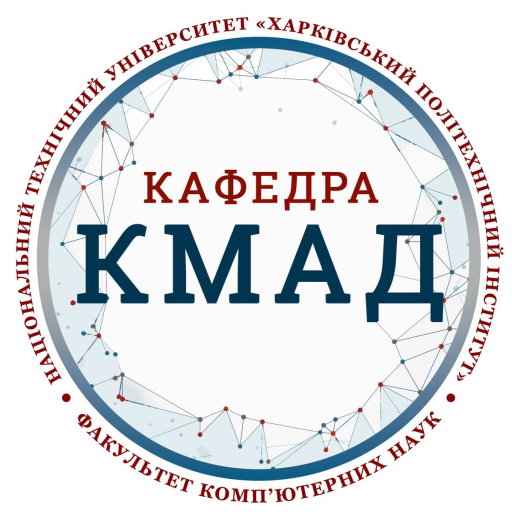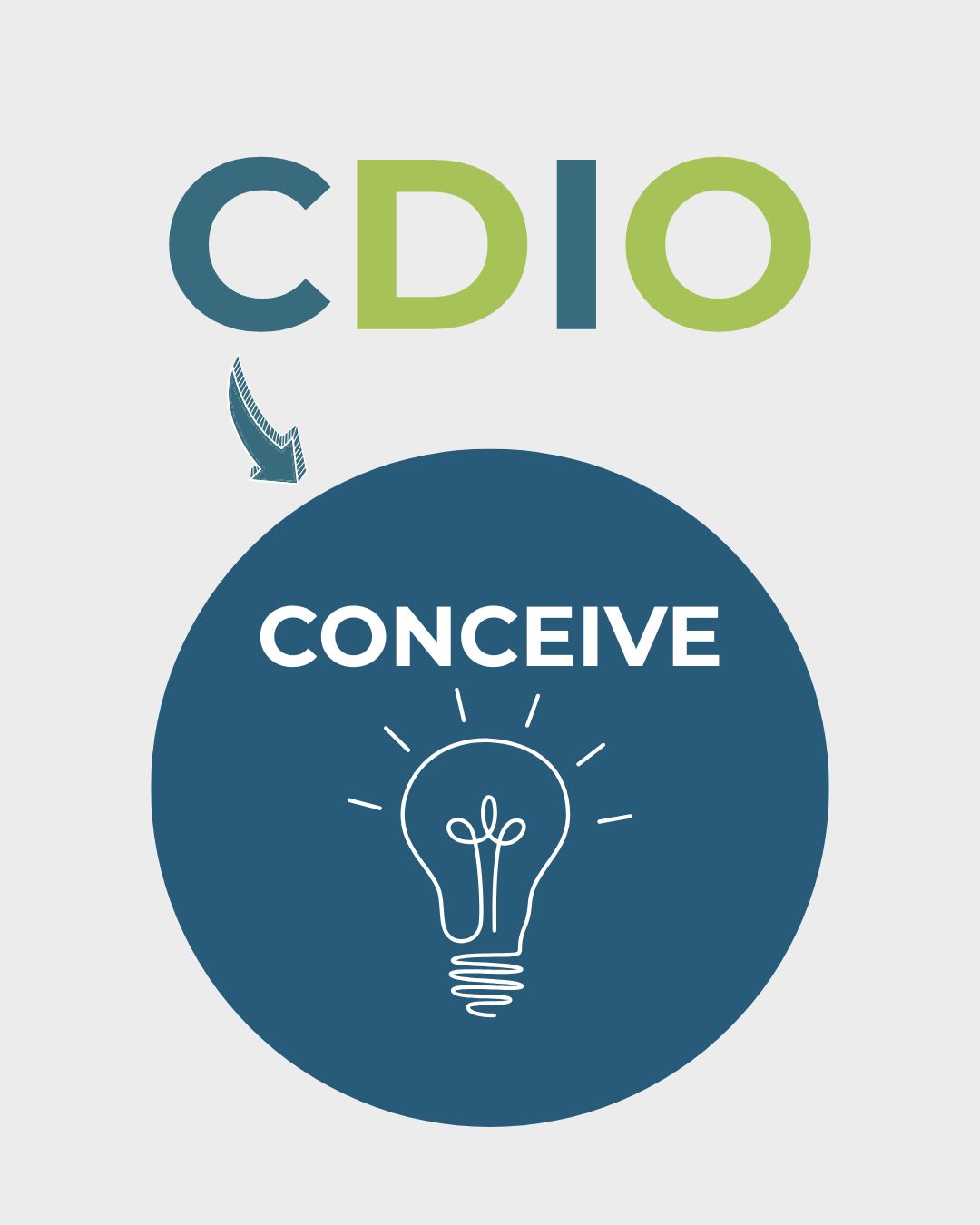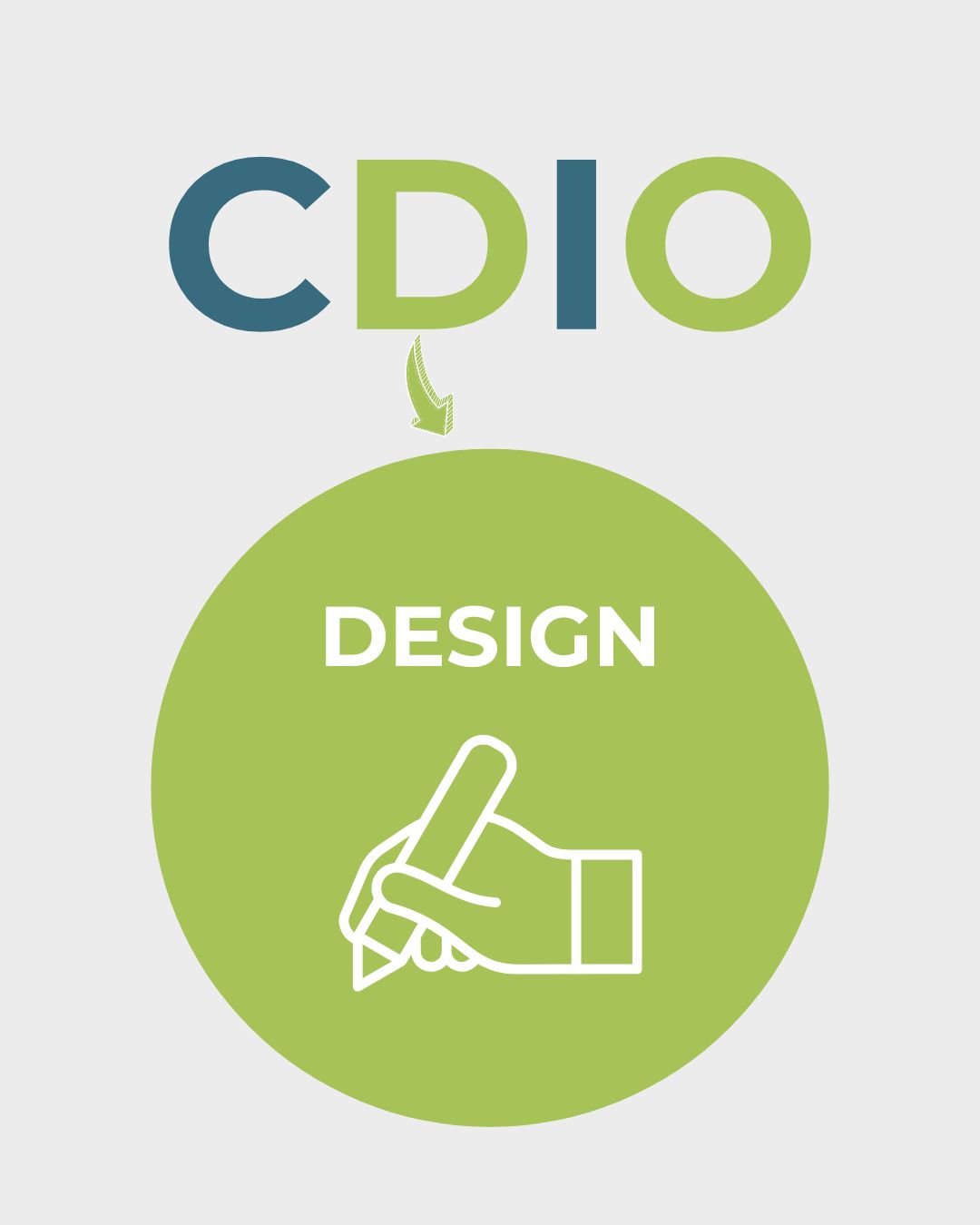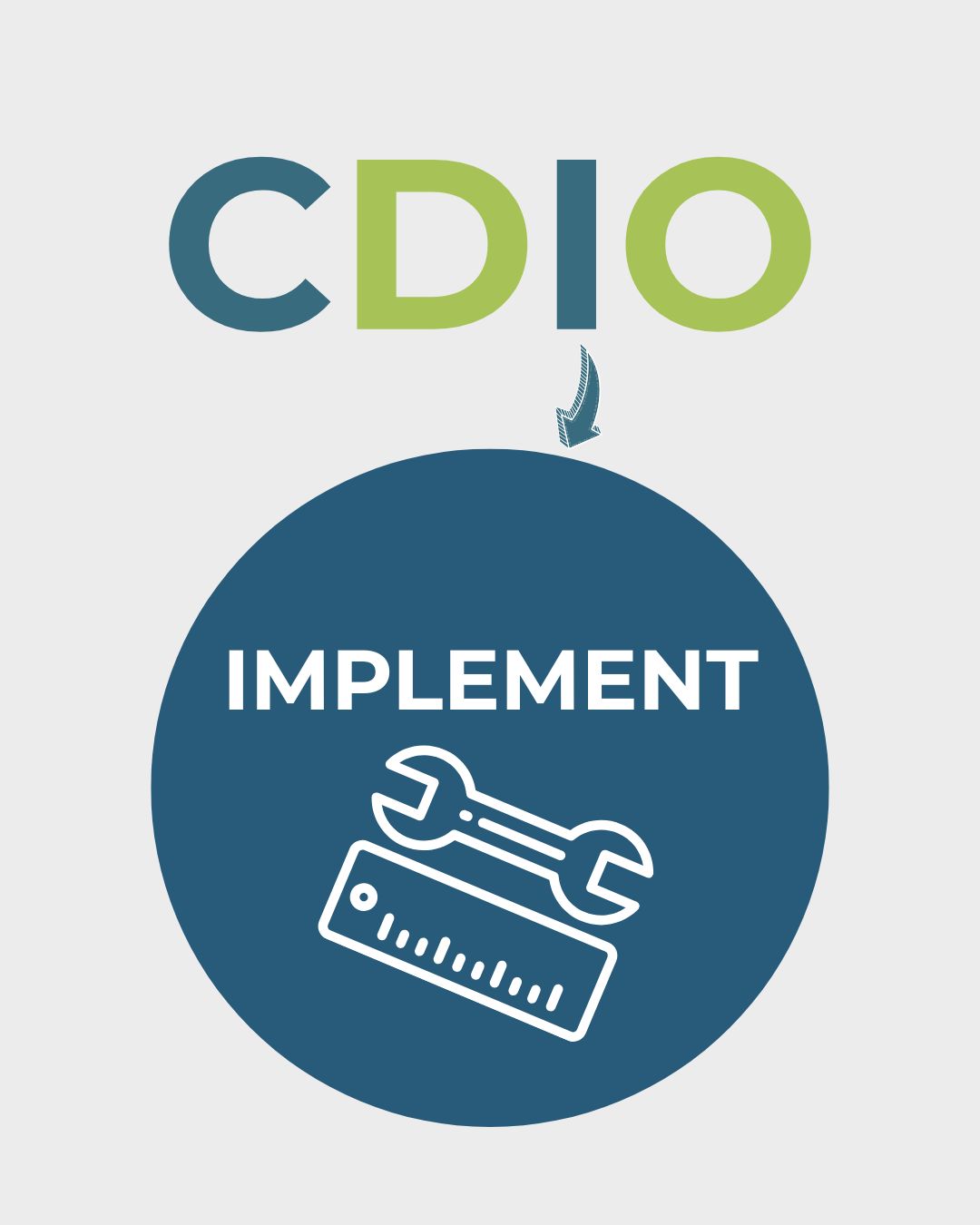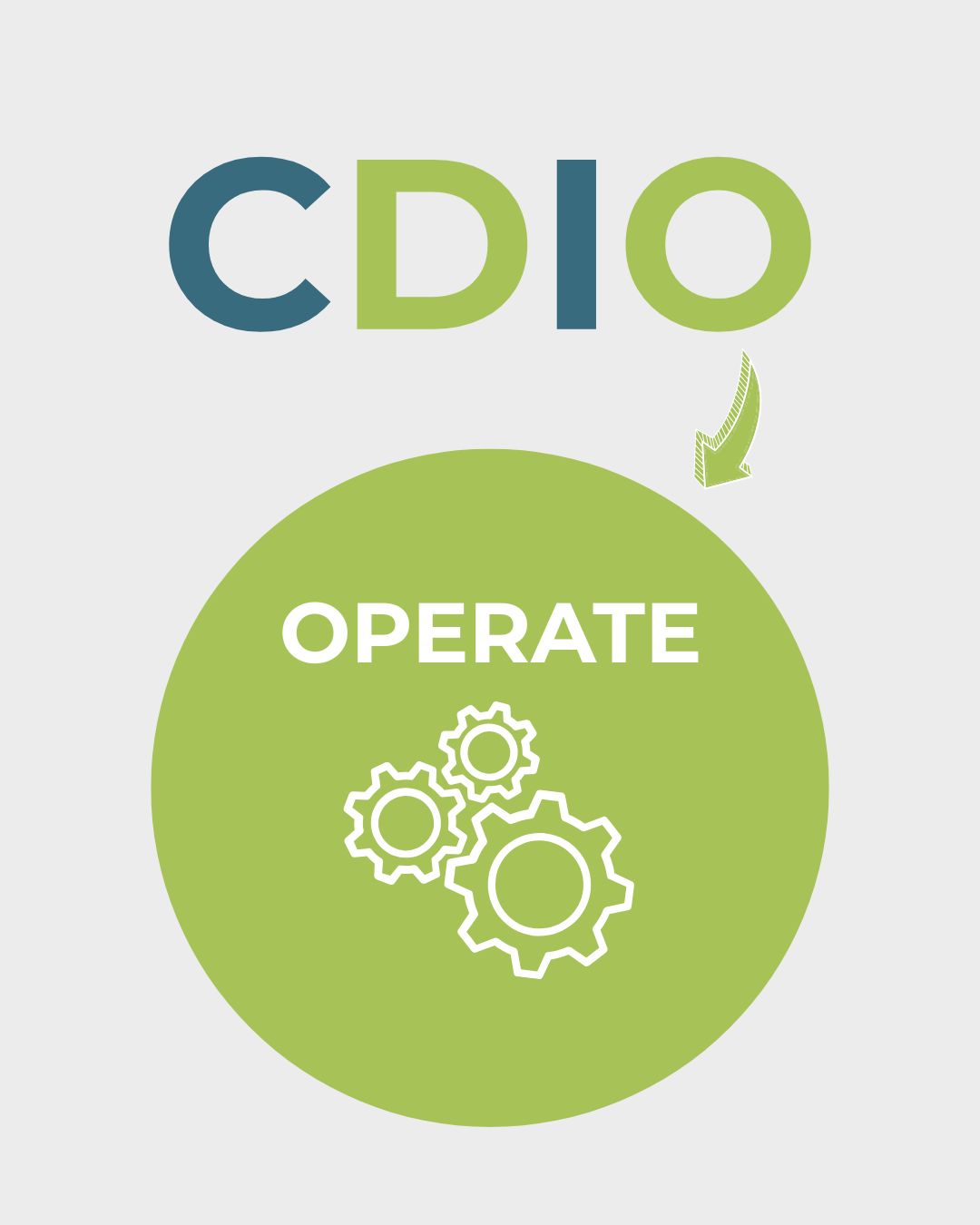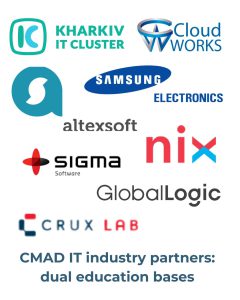THREE PILLARS OF EDUCATION:🧱What Shapes a Modern IT Specialist
🎓 Being an IT specialist is not just about knowing the syntax of a programming language. It is the ability to analyze, create, and adapt. That is why we build our education on three solid pillars: foundation, specialization, and practice.
✨ These three elements shape a well-rounded professional, prepared to face the challenges of the IT world from the very first steps of their career.
Theory is the root of the tree of knowledge: This foundation makes it possible to understand how technologies work from the inside and to create effective solutions. This is where expertise is born Students gain in-depth knowledge of modern approaches to data analysis and the development of intelligent systems – everything today’s Data Scientist or AI developer needs. Students learn through action – tackling the challenges faced by real professionals. Thus, they gain their first hands-on experience even before their very first job interview.
PROJEKT-BASED LEARNING 🛠
📣 We don’t just deliver lectures – we solve problems that arise in business, medicine, engineering, and everyday life.
Project-Based Learning (PBL) is an active learning approach where students work in teams on real-world challenges. They don’t just study theory; they create real products and solutions.
Students go through the full product development cycle – from idea to implementation. They practice teamwork, presenting solutions, and defending their own ideas. This is part of the global CDIO Initiative, which unites over 120 universities in more than 40 countries and is based on the Conceive – Design – Implement – Operate approach. 💡 Examples of projects carried out by our students can be seen here ⤵️
🧭 CDIO Methodology:
The methodology and results can be found in the publication:
O.B. Akhiiezer, O. A. Haluza, A. O. Savchenko, L. M. Lyubchyk, N. T. Protsay and M. O. Aslandukov. Methodology of project-based learning for training junior students in applied mathematics: general scheme of the educational process. Journal of Physics: Conference Series, Vol. 2611, XV Intern.l Conference on Mathematics, Science, and Technology Education https://iopscience.iop.org/article/10.1088/1742-6596/2611/1/012005/meta
🧠 Why is this important?
We bridge the gap between university and industry. Project-based learning helps students not just study theory, but also develop practical skills that employers value.
What does project-based learning give to students?
Students learn to organize their work independently, manage time effectively, collaborate in teams, and develop critical thinking and creativity. They create real, functional products and systems – building their own portfolio from the very first year.
At the same time, they gain technical skills through practice and develop soft skills such as communication, management, and leadership.
✨ With us, students don’t just study subjects – they create products.
DUAL EDUCATION: 🤝 Learning and working simultaneously
💼 Our students don’t wait for a diploma to enter an IT company – they learn within the industry itself.
Dual education is a unique opportunity to combine theory with practice, studying simultaneously at the university and in a company. We collaborate with leading players in both the Ukrainian and global IT sectors.
🏢 Part of the classes take place at partner companies Students attend specialized sessions directly in the offices or laboratories of our partners. 🧪 Laboratories and Industry Mentors Learning takes place in modern coworking spaces using real technology stacks, while several computer science courses are taught directly at Cloud Works during professional training. 🔍The tasks are real cases from commercial projects The topics of the sessions are based on practical challenges that IT companies face every day.📌 How does it work? The Split-Week Model
🎯 Why is this great for students?
✔️ Practice from the first year = real experience on the resume
✔️ Working with real cases = preparation for interviews
✔️ Networking in the IT industry = a real chance for a job offer even before graduation
